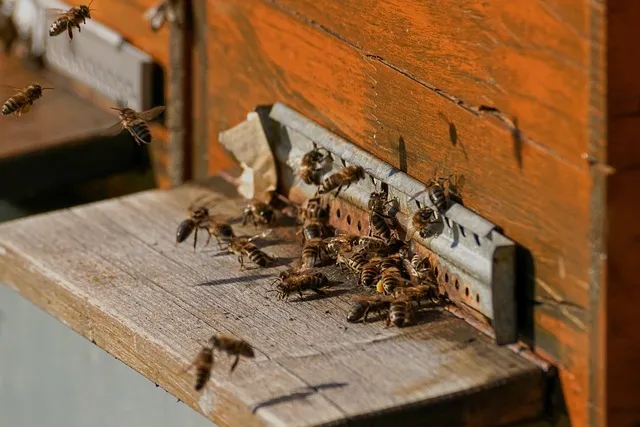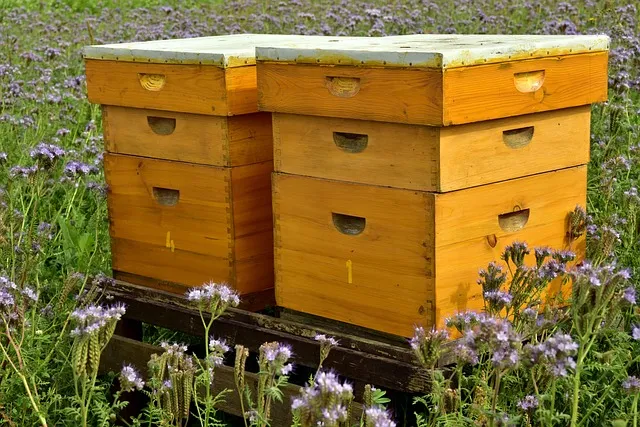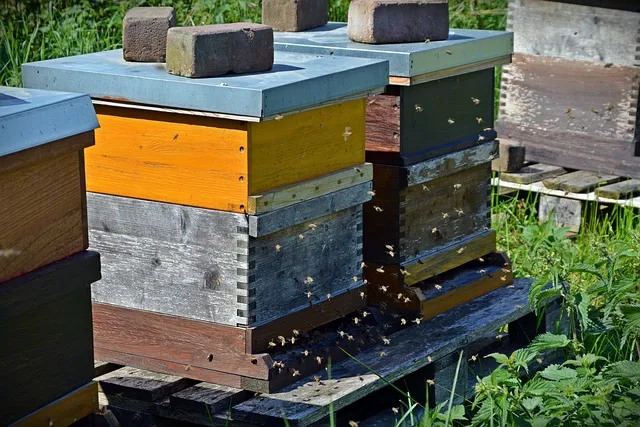Are honey bees high maintenance?
Nearly anyone can master the craft of beekeeping. The journey starts with preparation through learning. It is good to learn as much as you can about bee behavior, bee biology, nutrition, management of colonies in different seasons, equipment and supplies needed, pests and diseases, and much more.
Similar Articles you may like to read –
What are the easiest bees to take care of?
What is the best bee hive design?
Do you need a Licence to keep bees?
How many bee colonies should I start with?
Are honey bees high maintenance?
Beekeeping requires less time commitment compared to other farm animals and pets. It is actually less than what people anticipate. The maintenance entails periodic inspections in the warm months to ensure the queen is well and productive, workers are building honey stores, the bee population is optimum, and there is ample space for the colony to expand. In the cold months, there is little to do. They cluster in the hives to keep warm as they feed on the honey reserves. The operation of raising brood is halted. You cannot perform normal functions at this time. Besides the normal operations, you should also set time for attending classes, reading beekeeping books, bee club meetings, and participating in other bee forums. The more you learn, the more successful you will be.
What are the beekeeping activities in the various seasons?
Bees require help from beekeepers to survive. Diseases and parasites have become a real threat to honey bee colonies, and must help them to fight off. This may require to give chemical treatments to subdue the threats.
Spring
Spring is the busiest month for a beekeeper. If it is your first year, you must install some packages and feed them until they get established. You will need to perform regular inspections to ensure they are well. Towards the end of spring, the population is usually optimum if you have had no significant problems with the colony. At this time, you must ensure there is sufficient space and keep an eye on any signs of swarming. If the colony has failed to increase in population, you should carry out a thorough inspection to determine the underlying issue. It may be due to unreproductive queen, pests or diseases, lack of food resources, and so on.
Summer
Summer is also a busy month for beekeepers. You may still need to perform weekly or bi-weekly checks on the colony. Hive maintenance, such as repairing hive parts and pest control, may also be required. You should keep an eye on the cured honeycomb frames to harvest and add extra ones on time. Supplemental feeding may be necessary if summers are dry. Ensure water resources near the hive for the bees.
Fall
Early fall is also a season to harvest honey. Towards the end of the season, it is time for you to prep the colony to face the cold season. If you are in an extremely cold season, ensure the hive is wrapped and well-ventilated as the winter starts. The colonies should be free from pests and diseases and do away with extra space in the hive. Monitor mites to reduce their populations as bees head for winter.
Winter
The beehives are already wrapped up, and bees are huddled inside. You may need to offer supplemental feeding if the bees run out of honey reserves. Winter is also an ideal time to read more beekeeping books and listen to more videos to increase your knowledge.
More articles you may like to read –
Do You Need Foundation on bee frames?
What time of day do you install a nuc of bees?
Do you put frames in a brood box?
How can I start my own bee colony?
Will l be stung as a beekeeper?
As you manage your bee colonies, you will be stung. While working gently and carefully around bees helps minimize the stings as possible, you can’t evade stings. In the first months, you will most likely be armed from head to toe. A few bees always have a way of getting through the seams. However, before you embark on beekeeping, it is good to know if you are allergic to bee stings.



